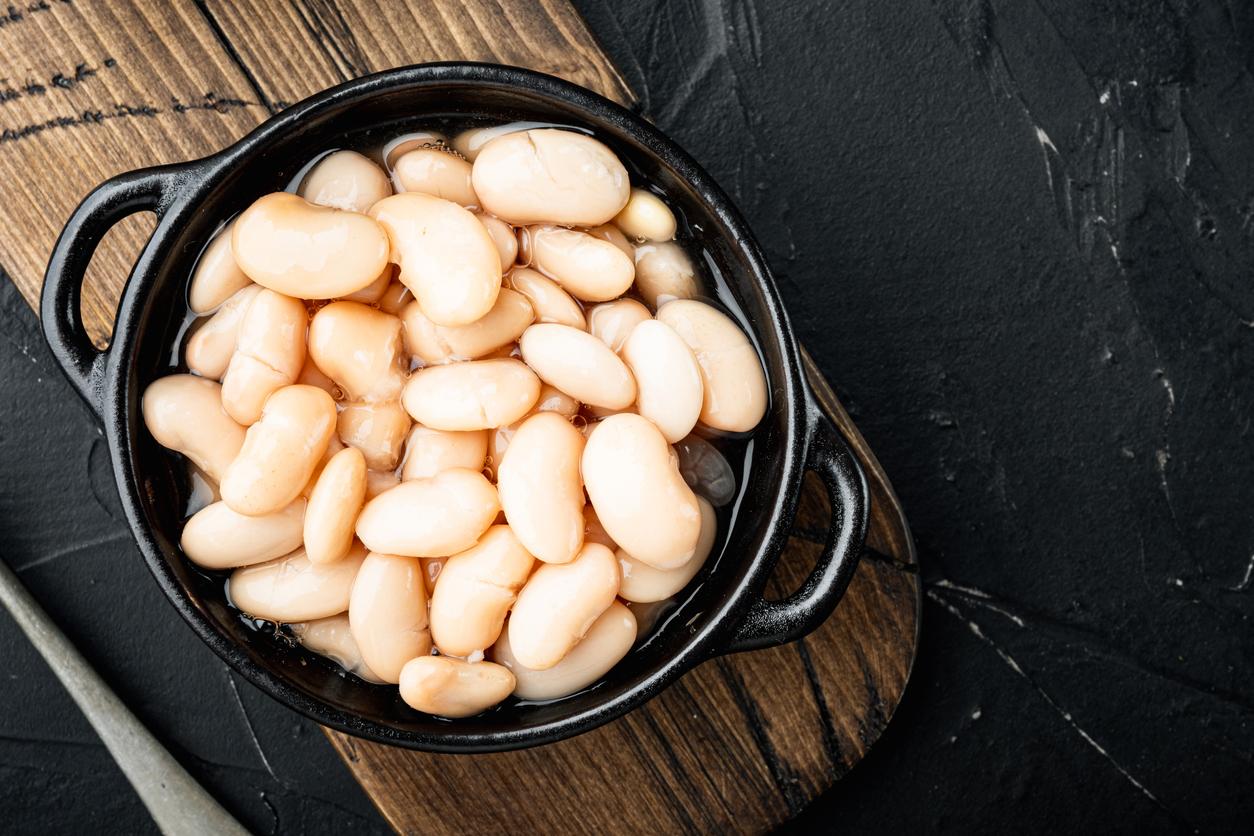A new study shows that living in an environment with very diverse microorganisms, such as the farm, would stimulate the intestinal microbiome of children and protect them from asthma.

- Children living on farms would be in greater contact with various microorganisms, which has the effect of making their intestinal microbiome mature more quickly.
- This highly diverse gut microbiome may have a protective effect against childhood asthma, suggesting the existence of a gut-lung axis.
For a child not to develop childhood asthma, it is better to raise him on the farm, in the middle of meadows and in contact with animals, rather than in an immaculate environment, where not a cat’s hair is lying around.
This is the conclusion reached by researchers from the Helmholtz Zentrum München in Munich (Germany). In a study published in NatureMedicine, they demonstrate that children raised on farms had a more diverse gut microbiome, which protected them against childhood asthma. And this, from the first months of their life.
Maturation of the gut microbiome
“We found that a relatively large part of the protective effect of farms on childhood asthma was due to the maturation of the gut microbiome during the first year of life”explains Dr. Martin Depner, biostatistician at the Helmholtz Zentrum München. “This suggests that children of farmers are in contact with environmental factors, possibly environmental microbiota, that interact with the gut microbiome and drive this protective effect.”
To reach this conclusion, the researcher and his colleagues analyzed stool samples from more than 700 infants aged 2 to 12 months growing up on a farm and participating in PASTURE, a European birth cohort that has studied since 2001 the links between specific dairy farm environment and significant allergy protection.
They discovered that like nutrition, the environment, and in particular exposure to rural environments such as barns, participated in the maturation of the intestinal microbiome. They also found that vaginal delivery and breastfeeding also promote the formation of a protective microbiome during the first two months of life.
The intestine also protects the lungs
Another discovery: that of an inverse association between asthma and the measured level of faecal butyrate. Butyrate is a short chain fatty acid that is known to have a protective effect against asthma in mice. The researchers concluded that gut bacteria such as Rose Buria and the coprococcus, which have the potential to produce short-chain fatty acids, may also help protect against asthma in humans. Children with mature gut microbiomes showed higher amounts of these two bacteria than other children.
“Our study provides further evidence that the gut may influence lung health.says Dr Dr Markus Ege, who participated in the work. A mature gut microbiome with a high level of short-chain fatty acids had a protective effect on children’s respiratory health in this study. This suggests the idea of a relevant gut-lung axis in humans.”
But, he points out, “it also means that an immature gut microbiome can contribute to the development of disease”. Hence the importance of focusing prevention strategies against childhood asthma on the first year of a child’s life, “when the gut microbiome is very plastic and amenable to change”.
Finally, the researchers were able to observe that, contrary to what we thought, the protective effect against asthma does not depend on a single bacterium, but on the maturation of the entire intestinal microbiome. Also, the probiotics had to contain not a single bacterium, but rather several. Their composition should also be adjusted according to the composition of the intestinal microbiome and its maturation at the beginning of life.

Find below the program “Questions aux Experts” on the theme Living with asthma:
.















